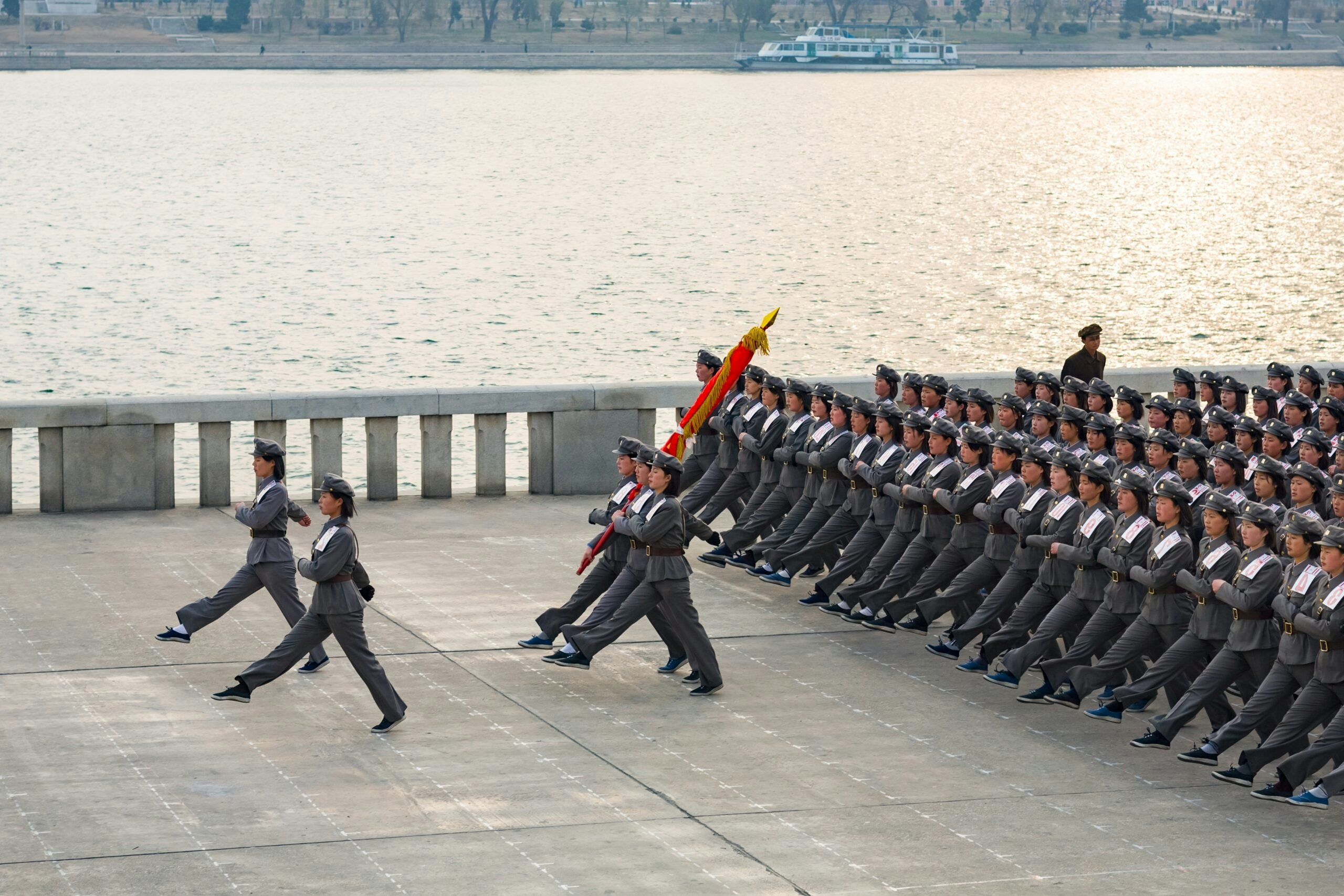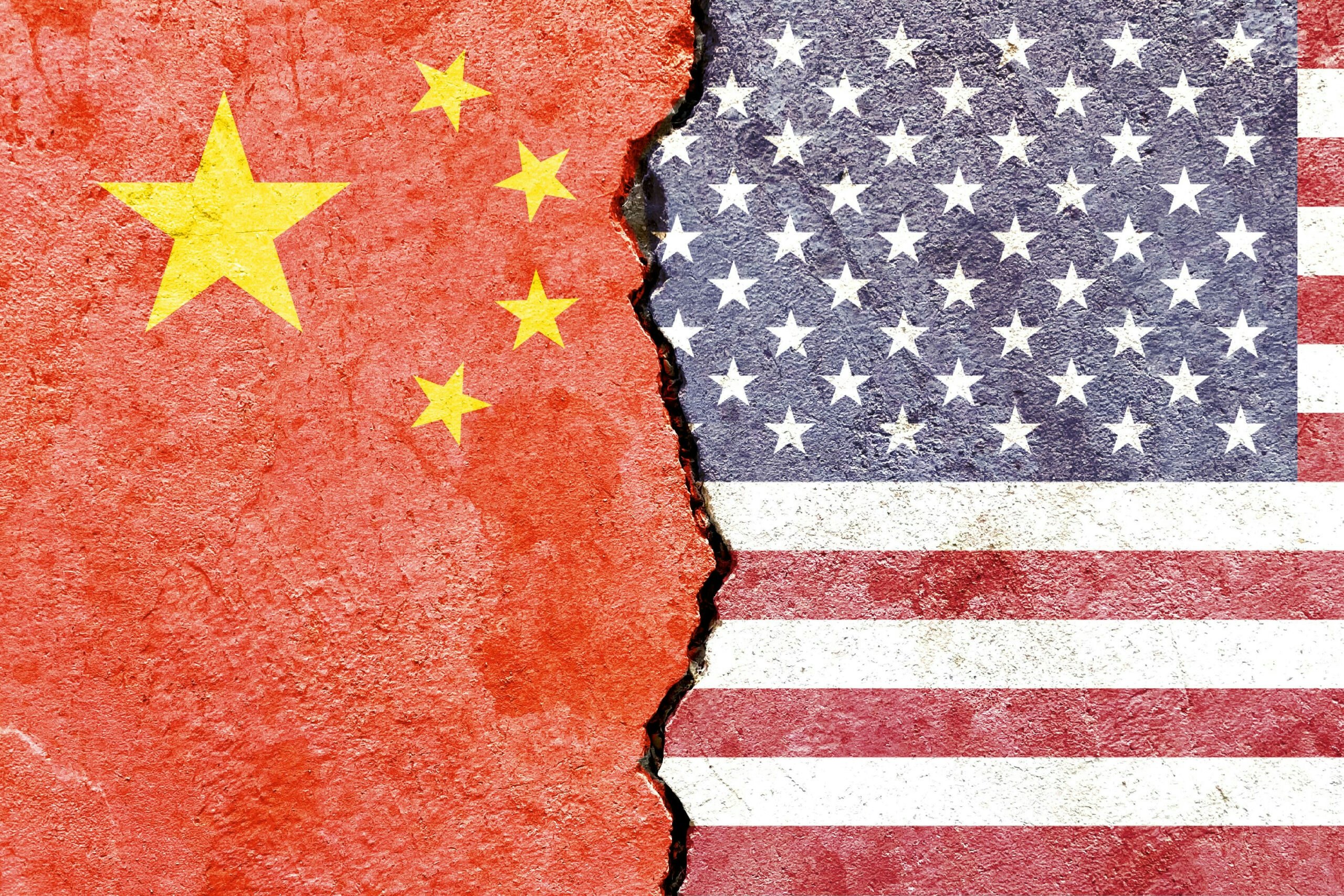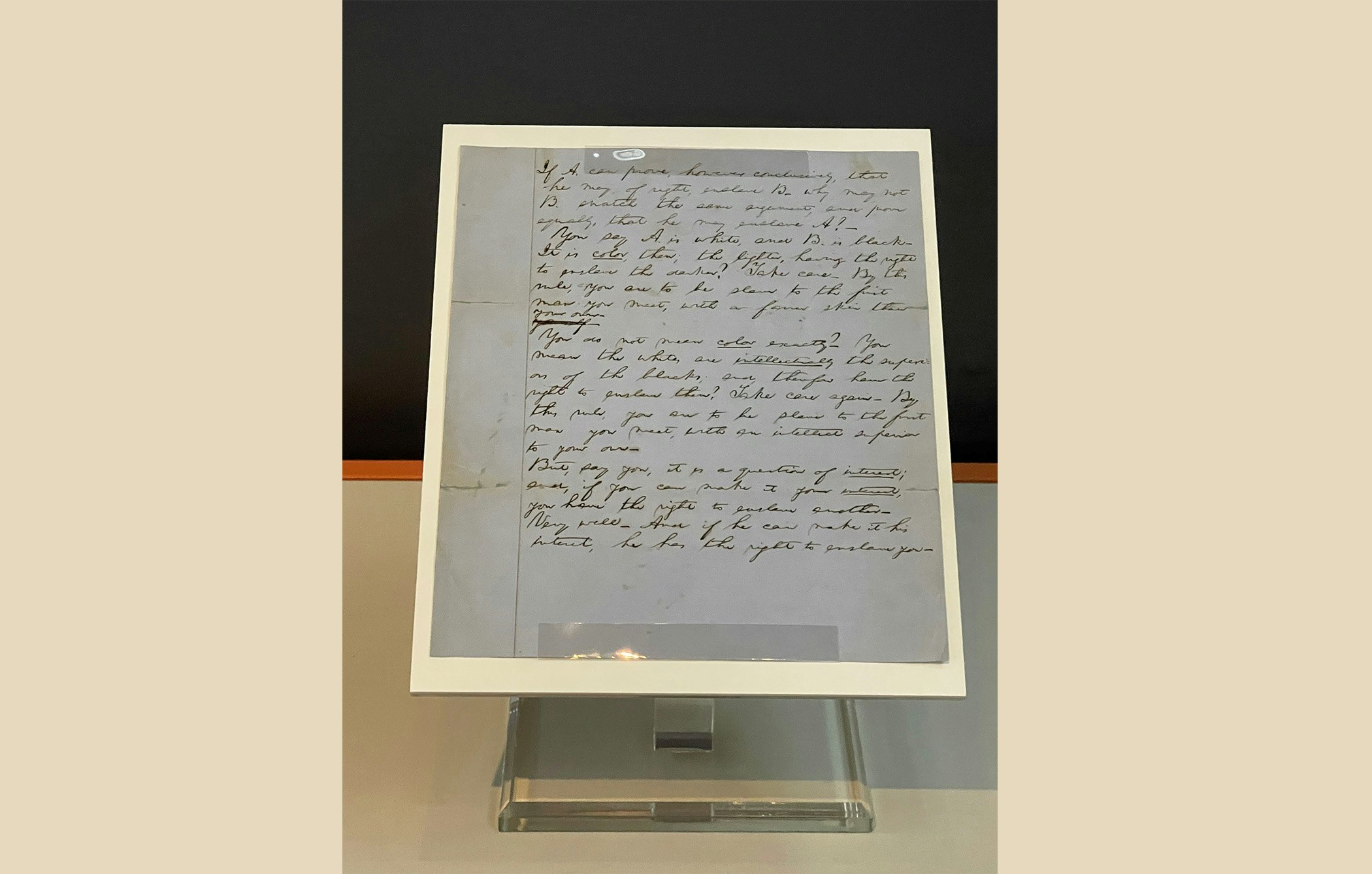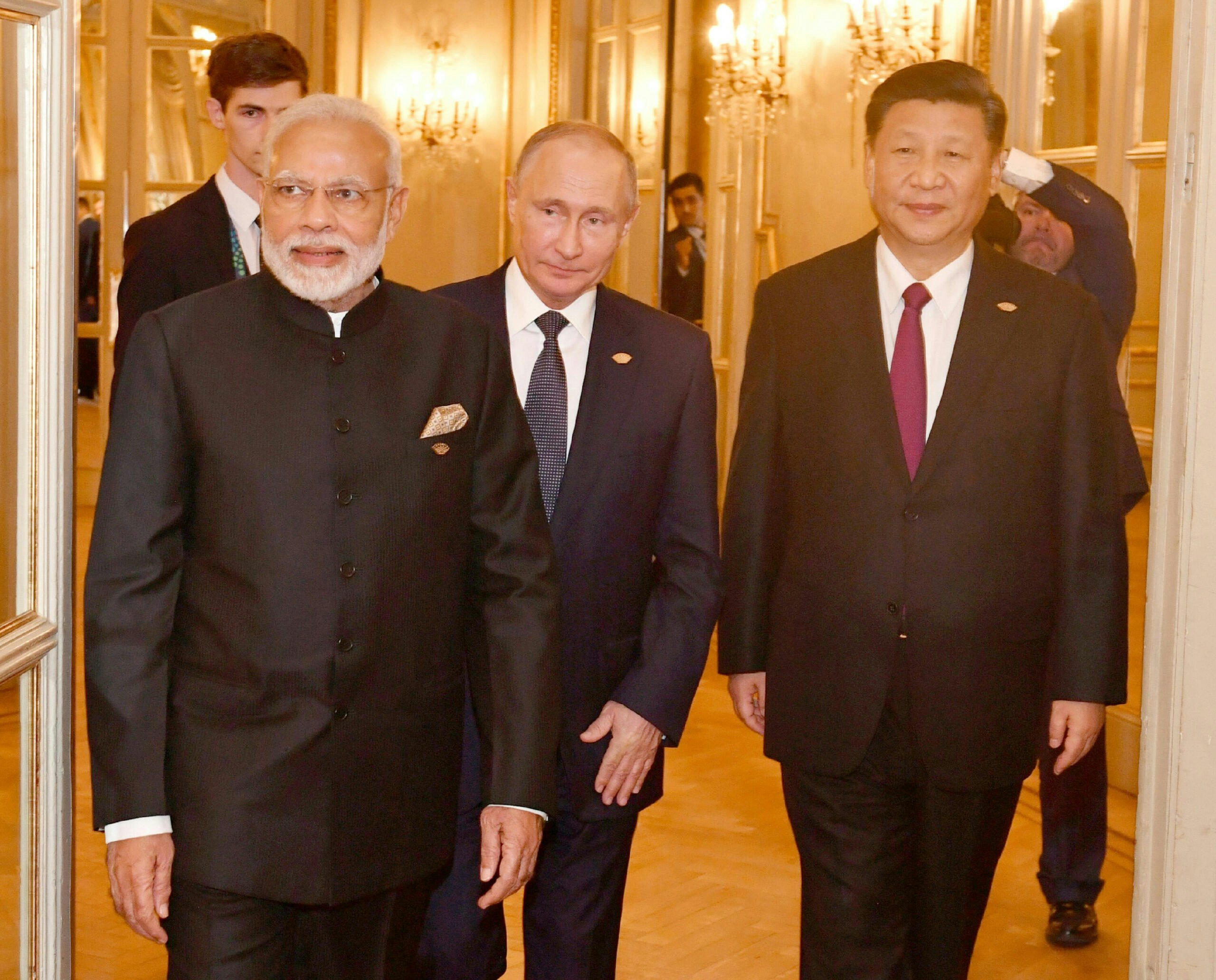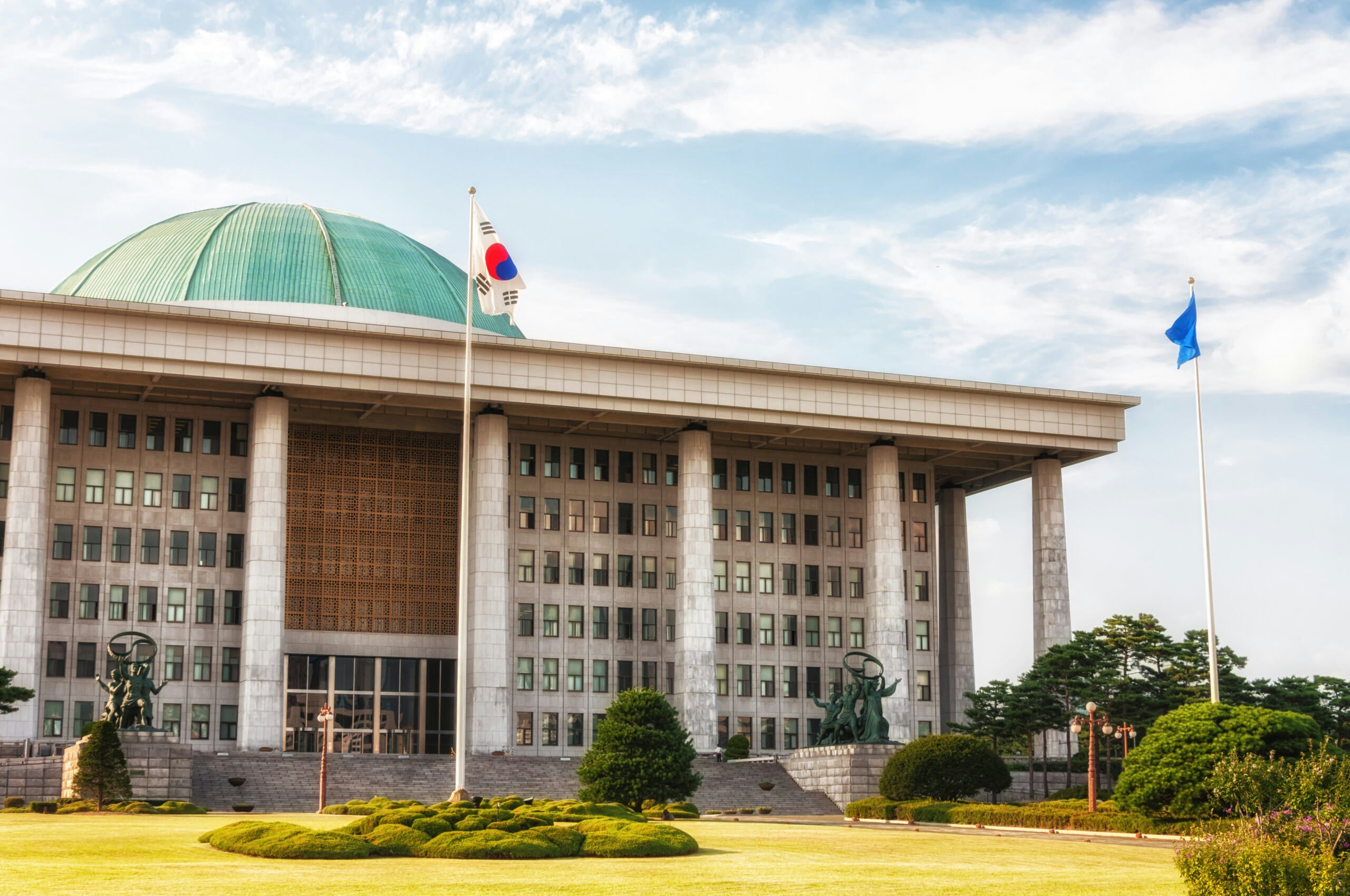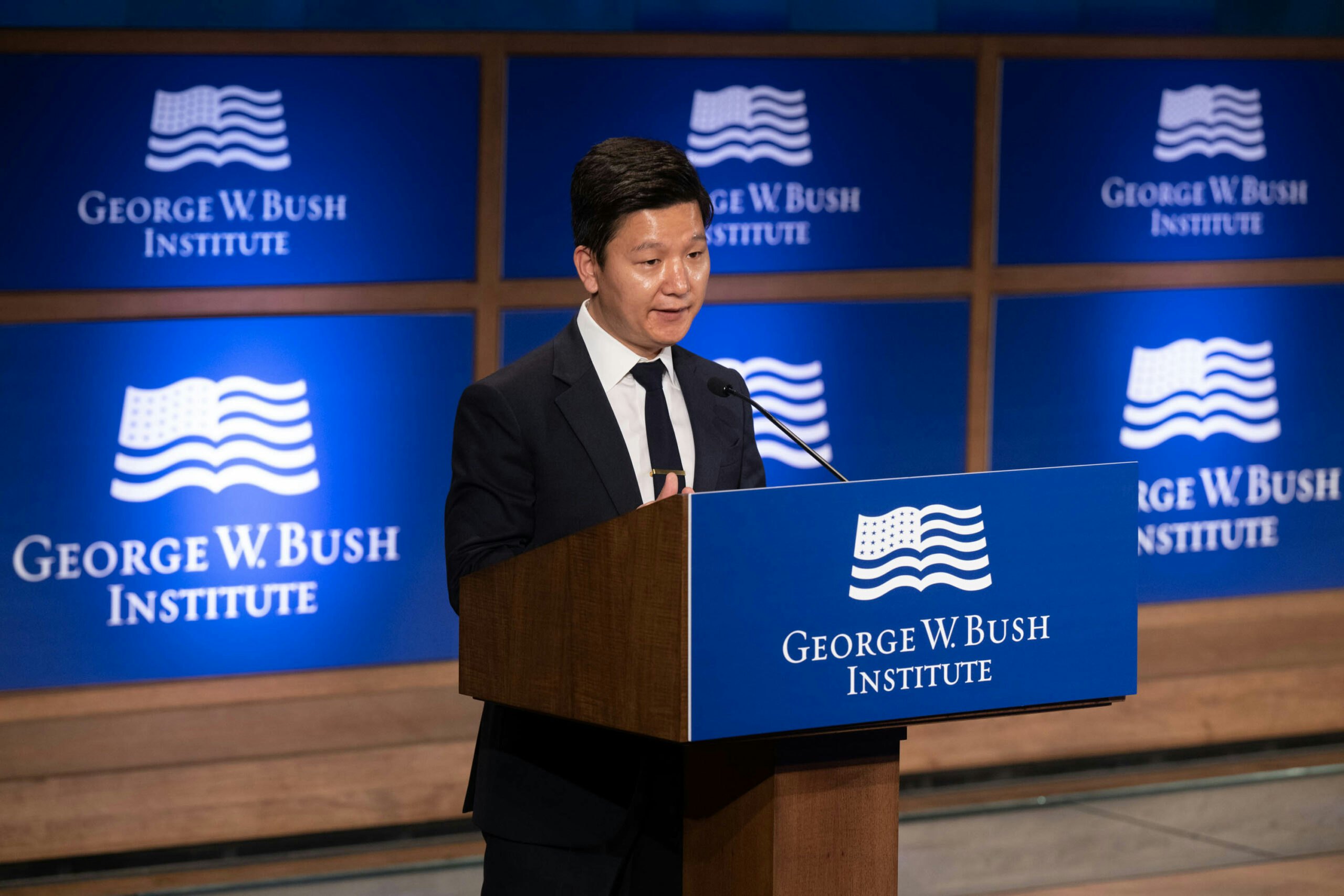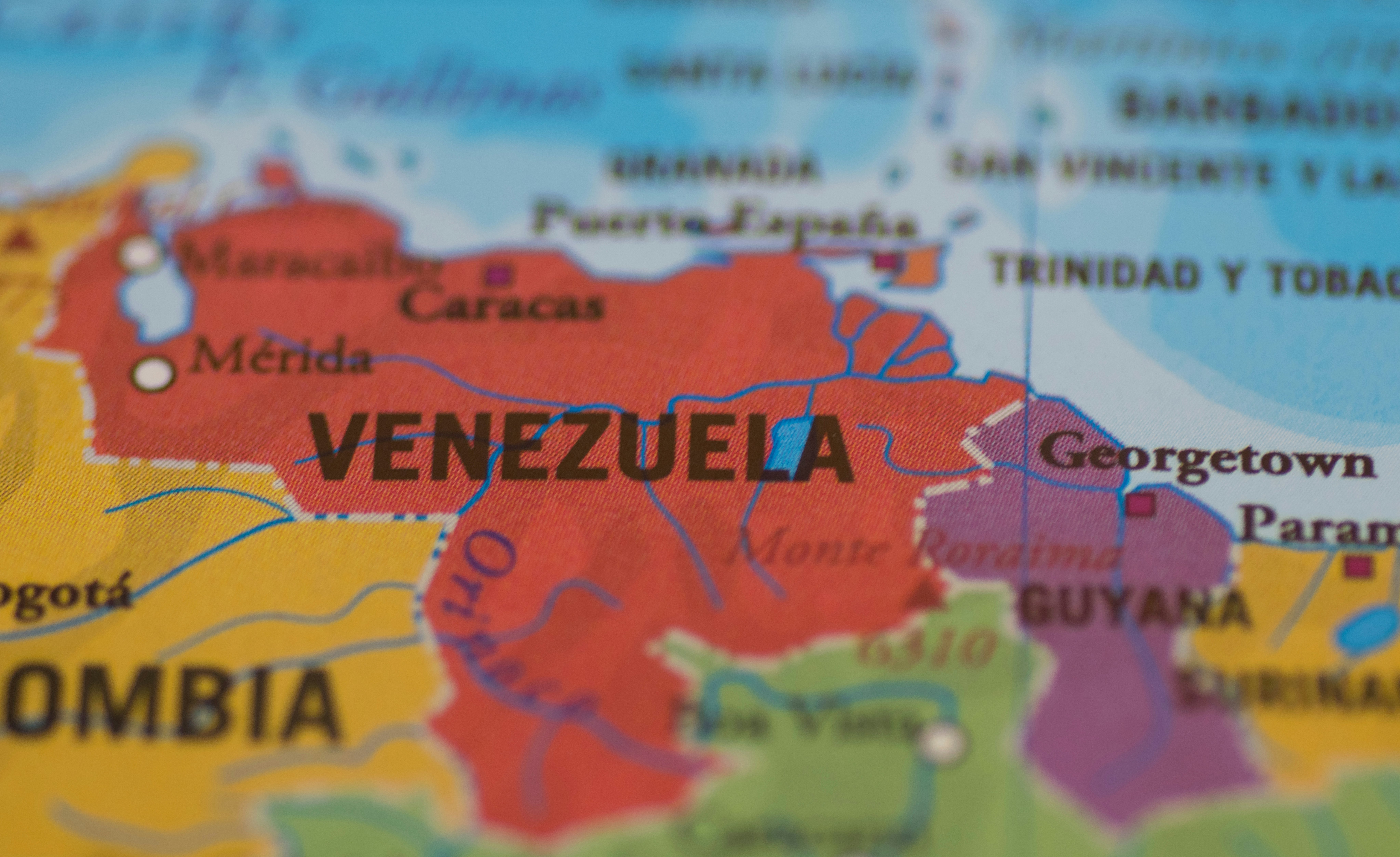Hong Kong businessman Jimmy Lai has been in jail since he was charged with “foreign collusion” after a raid by the Chinese government on pro-democracy Apple Daily publication in August 2020.
The trial of Hong Kong businessman Jimmy Lai, the founder of the enormously popular pro-democracy Apple Daily publication who has been imprisoned for most of the past two and a half years, has been postponed until September. Lai faces a possible life sentence under the National Security Law, which Beijing imposed on June 30, 2020. The move decisively ended the autonomy it promised to respect after 1997, when the United Kingdom returned Hong Kong to Chinese communist rule. Nearly all of Hong Kong’s democracy movement is in jail or exile.
Lai has been in jail since he was charged with “foreign collusion” after a raid on the paper in August 2020. He has also been convicted of other politically motivated charges including “unauthorized assembly” for attending a vigil for democracy protesters massacred in Beijing and other mainland cities on June 4, 1989. Until recently, that iconic candlelight vigil in Hong Kong’s Victoria Park was the only place on Chinese soil where the truth about June 4 could be publicly acknowledged and its victims mourned.
Chinese leaders may continue to string out the legal proceedings against Lai. That would avoid a lengthy trial that draws global attention to his resistance to communist tyranny. It would also be a sign that Beijing hopes Lai will die in jail. After all, China faced no consequences after Liu Xiaobo died at 61 of cancer while serving a lengthy sentence in a mainland prison for his role in the democracy manifesto Charter 08. Liu won the 2010 Nobel Peace prize while in custody.
Lai’s death in prison would be a devastating blow to Hong Kong and a disgrace for the United States. Every U.S. administration that has served since Hong Kong’s return to Chinese rule has promised to defend Hong Kong’s autonomy, freedom and rule of law. It falls to the Biden Administration to lead an urgent effort to free Lai and his fellow democrats.
`A modern day traitor’: the party’s fixation with Jimmy Lai
Why is the Chinese Communist Party directing special animus at Jimmy Lai? Lai is everything the party despises: a wealthy businessman committed to democracy and freedom of the press, a devout Catholic, and a citizen of the U.K., Hong Kong’s former colonial ruler, to boot. Communist Party media referred to him as a “modern day traitor” and “national scum” after he met with U.S. Vice President Mike Pence in July 2019.
Strong-minded, a bit brash, and enormously generous, Lai gives as good as he gets, but in defending, rather than attacking, democracy and human rights. His rags-to-riches story began with his arrival, alone, in Hong Kong when he was barely a teenager. After working in a garment factory, he eventually launched his own highly profitable retail clothing chain. As a young man, Lai’s encounter with the work of Friedrich Hayek, the free market economist and critic of totalitarianism, ignited a belief in free markets and the free flow of information that enables them. Like many in Hong Kong, Lai was inspired to join the democracy movement after 1989 and went on to found publications including Next Magazine and Apple Daily, which maintained a staunch pro-democracy editorial line, even as other Hong Kong outlets began bowing to CCP pressure.
In May 2021, the Hong Kong government froze Apple Daily’s assets without due process. “We are facing a security agency,” an aide to Lai told CNN, “we are not facing courts.” Unable to pay staff and vendors, Apple Daily was forced to shutter. The people of Hong Kong showed their loyalty to Lai – and the paper’s editors and executives, also arrested – by lining up around the block to buy the last copies of the paper and gathering at its offices until the lights were turned out in August.
The mistaken premises of American policy toward Hong Kong and China
For many years, U.S. officials contended that, after 1997, China’s leaders would find it in their interest to preserve the attributes that had made Hong Kong a successful international financial center: its free press, rule of law, corporate transparency, mature stock market, and English as an official language, none of which are replicable on the mainland.
More broadly, American officials imagined that Chinese leaders would welcome integration into the existing U.S.-led world order. In any case, many thought, the Communist Party wouldn’t be able to control the liberalizing impact of the internet. Such arguments helped persuade Congress to end the annual review of China’s human rights record and give Beijing permanent normal trade relations status, enabling China’s entry into the World Trade Organization.
Over the past several years, Republicans and Democrats have recognized how dangerously mistaken these premises were. The United States is upgrading defenses against China’s military assertiveness, economic coercion, and projection of antidemocratic norms around the world – including in America’s states, cities, and universities. In 2020, after the National Security Law was imposed, the United States changed its longstanding policy of treating Hong Kong separately from the mainland in some areas of law. The United States and its allies are also taking more seriously Marxism-Leninism’s enduring role in the Chinese Communist Party’s domestic repression and international agenda – including media censorship and transnational repression.
Consequences for Business
The Biden Administration warned American businesses in 2021, that they faced “clear operational, financial, legal, and reputational risks” under Hong Kong’s national security regime. The advisory cited the closure of Apple Daily, arrests of its executives, and other moves against the press which affect transparency and access to information. The National Security Law gives the government unfettered powers over political activity as well as the power to conduct warrantless electronic surveillance and seize data. The law applies to foreign nationals in Hong Kong, and Beijing also claims the law will be enforced extraterritorially. China has kidnapped Chinese citizens abroad and returned them to the mainland, sometimes with the cooperation of friendly governments.
Nevertheless, some leading banks have doubled down in the city. The chief executive officers of Morgan Stanley, Goldman Sachs, JPMorgan Chase and BlackRock attended the Global Financial Leaders’ Investment Summit there in last year, according to a Wall Street Journal editorial, only to be “used as props in the effort by Hong Kong officials to revive the city’s reputation as a commercial center amid their continuing purge of all dissent, and the destruction of a free press and independent judiciary.”
What can be done?
Washington has imposed financial and travel sanctions on top Hong Kong officials as well as the Communist Party cadres who have been installed to directly run the city’s affairs. Sanctioned officials have mocked them, saying they have no desire to visit the United States or own property here. The most senior Chinese official in Hong Kong, Luo Huining, offered to send $100 to then-President Trump for freezing. Another, Chief Executive John Lee, was promoted to the top post in Hong Kong’s government after being sanctioned for his role in implementing the National Security Law. His predecessor, Carrie Lam, also sanctioned, joked about the inconvenience of not being able to bank as usual, saying she kept piles of cash in her office.
Although clearly engaged in an ideological struggle with China, the United States has yet to give dissidents the importance they were accorded in America’s policy toward the Soviet Union. At the time, President Ronald Reagan kept a list of religious prisoners in his desk, and Senator Henry M. “Scoop” Jackson told Eastern European ambassadors that if they wanted to keep receiving most favored nation trade privileges from the United States, they would have to release Jewish refuseniks. “Scoop,” said Richard Perle, a former aide to Jackson, “was a tough negotiator – he invariably came back with promises of visas for everyone on the list, in some cases hundreds of people.”
Lack of leverage or lack of imagination?
Diplomats often plead that they lack leverage to press for the release of political prisoners and human rights. In fact, for decades, America’s China policy made a virtue of giving leverage away in pursuit of “engagement.” Examples of this include ending human rights conditions for trade privileges and acquiescing to Beijing hosting the 2008 Summer Olympics and 2022 Winter Olympics. America and its allies’ misguided efforts to integrate an unchanged China into the world system allowed Beijing to gain enormous influence in the United Nations and its agencies, where Beijing is busily undermining universal norms of human rights and sovereignty.
Lai is a billionaire who went to prison rather than leave Hong Kong. He has spoken of the debt he feels to the city as the place that “gave me everything.” He and his wife Teresa urge attention be given to less well-known political prisoners, of which there are many. More than 200 have been arrested under the National Security Law, and hundreds more held on other politically motivated charges. With few exceptions, virtually the entire leadership of Hong Kong’s democracy movement is in jail, including the anti-communist labor union leader Lee Cheuk-Yan, the solicitor and former Democratic Party chairman Albert Ho, the journalist Claudia Mo, and younger activists like the Umbrella movement leader Joshua Wong and the barrister Chow Hang-tung. Nearly four dozen mostly young activists who organized an informal “primary” to choose who should contest the last relatively free legislative elections face trial on subversion. Most have been denied bail.
Hong Kong is on the front line of China’s intensifying assault on democracy around the world. The United States and its allies have a profound interest in drawing the line there. So far, the U.K. has done little for Lai, one of its citizens and is taking a softer line on China under Prime Minister Rishi Sunak. Realistically, it’s up to the United States to lead the way in gaining the freedom of Jimmy Lai and his fellow imprisoned Hong Kong democrats.








